In the canine kingdom, certain breeds are distinguished not just by their physical attributes or temperament, but by an innate ability to lead. These ‘natural-born leaders’ exhibit traits such as intelligence, confidence, and a keen understanding of social dynamics within a pack. Their leadership is evident in various scenarios, from guiding a flock in the field to taking charge in a family setting. This article delves into 10 dog breeds that embody these leadership qualities. Each breed discussed here has a unique blend of traits that makes them a natural fit for the role of a pack leader. We will explore the history, characteristics, and specific attributes that contribute to their leadership capabilities, providing a comprehensive insight into why these breeds are revered as the front-runners in their respective domains.
1. German Shepherd
The German Shepherd stands as a quintessential example of a natural leader in the dog world. Originating from Germany, this breed was initially bred for herding but has since excelled in various roles, including police and service work. German Shepherds are revered for their intelligence, confidence, and loyalty. They possess a balanced temperament, being assertive yet not aggressive, making them ideal for leadership roles. As natural protectors, they often take the initiative in safeguarding their pack and are known for their high working drive, thriving on tasks and challenges. Their excellent communication skills, both in terms of vocalization and body language, further cement their status as effective and respected pack leaders.
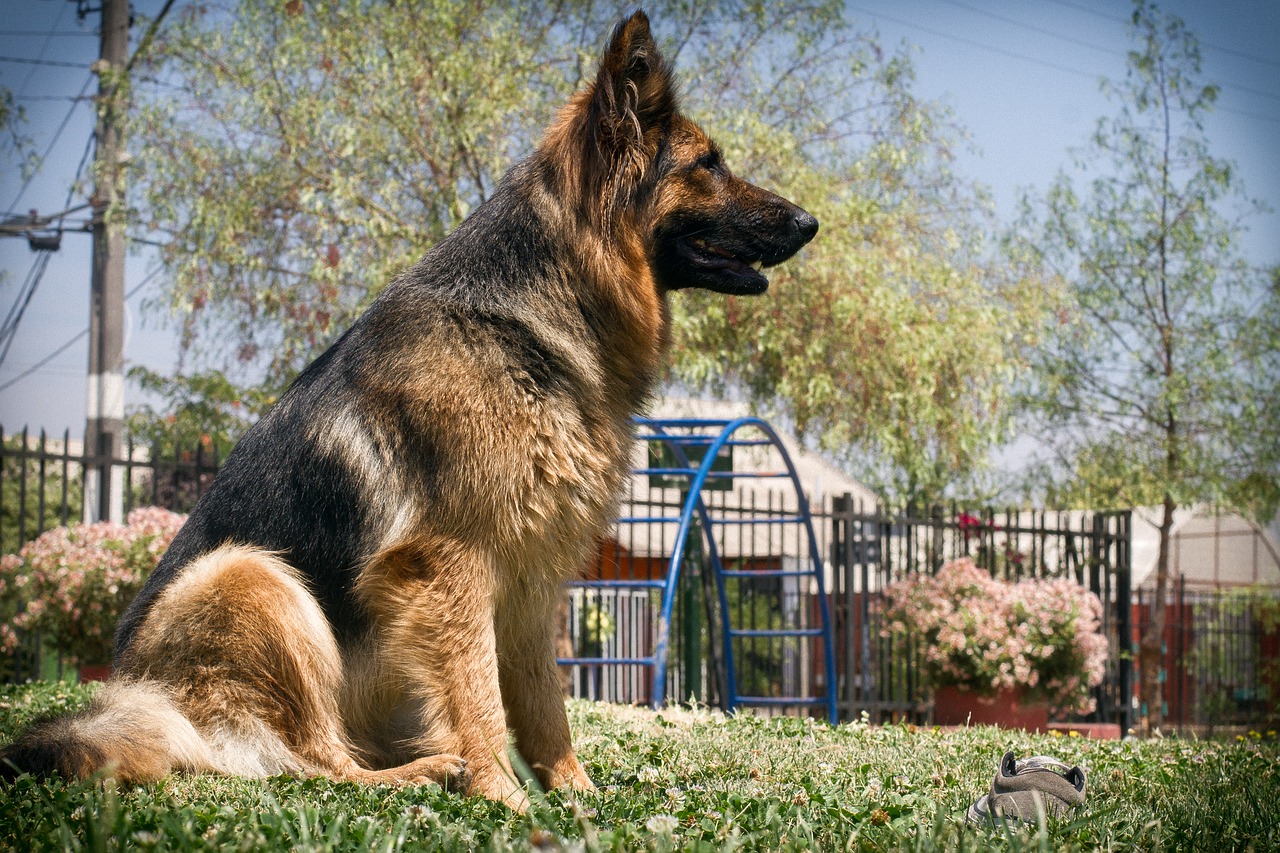
2. Border Collie
Border Collies are renowned for their unmatched intelligence and agility, especially in herding livestock. Originating from the borderlands between Scotland and England, these dogs exhibit strategic thinking and foresight, crucial traits of a good leader. They control their flock using an intense stare, known as “the eye,” showcasing an assertive leadership style. Border Collies are adept at problem-solving and can adapt to various scenarios, making them effective in dynamic leadership roles. Their communication skills, particularly through body language, are subtle yet effective, and their need for mental stimulation often leads them to excel in obedience and dog sports, displaying their natural leadership qualities.
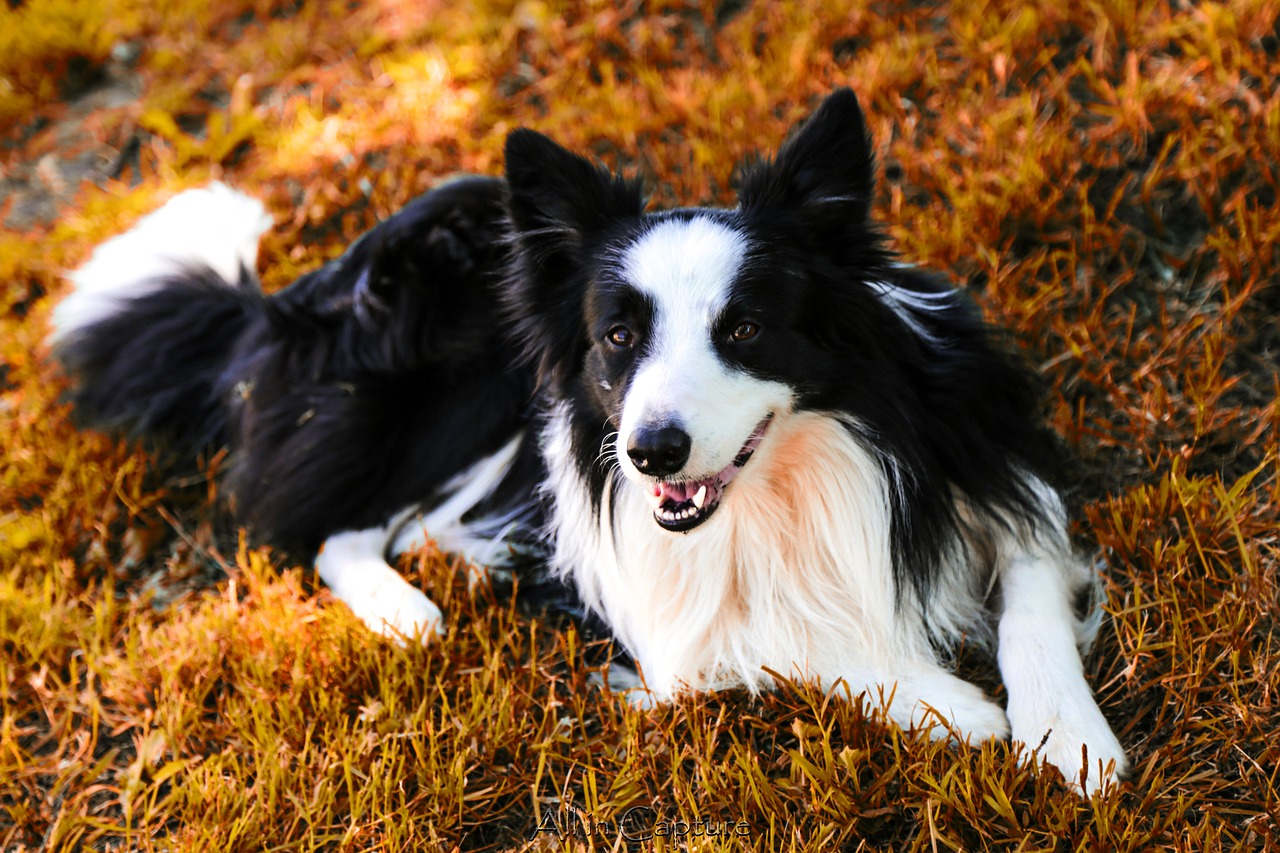
3. Rottweiler
Rottweilers, originally bred for driving cattle and pulling carts in Germany, are powerful dogs with a confident and calm demeanor, key attributes of a natural leader. Their strength is complemented by their unwavering loyalty and protective instincts, often taking a leading role in guarding. Rottweilers command respect through their presence alone, yet their leadership is not solely based on strength; they are intelligent and trainable, capable of making independent decisions. This combination of physical prowess, loyalty, and intelligence makes Rottweilers effective leaders, especially in protective and family environments.
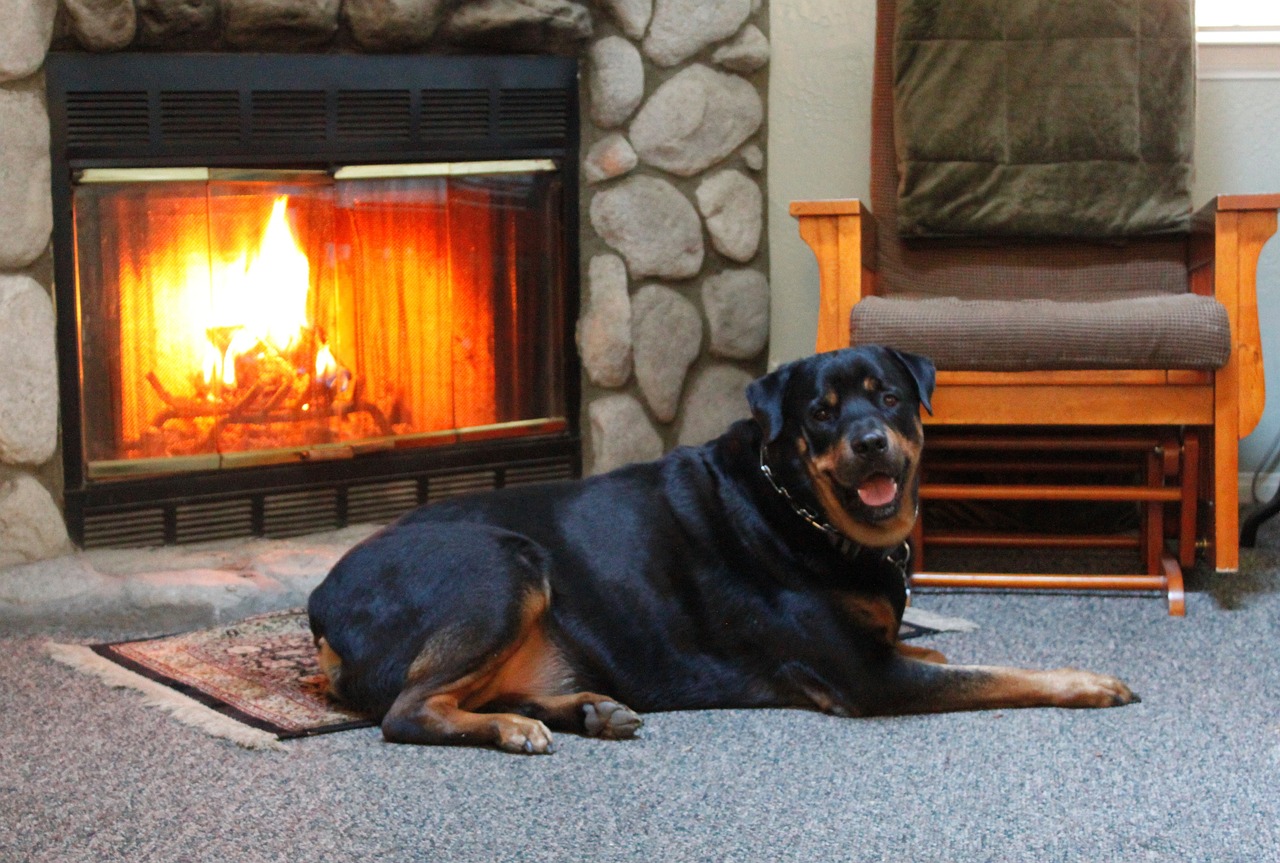
4. Doberman Pinscher
Created in late 19th-century Germany, the Doberman Pinscher is a breed that epitomizes elegance, strength, and intelligence. Initially bred for protection, Dobermans are alert, fearless, and excel in leadership roles, especially in security. Their assertive and proactive nature often places them in charge during uncertain situations, ensuring the safety of their pack. These dogs are not only physically capable but also highly intelligent, excelling in obedience and agility tasks. Their quick decision-making abilities and responsiveness to situations without needing direction highlight their inherent leadership qualities.
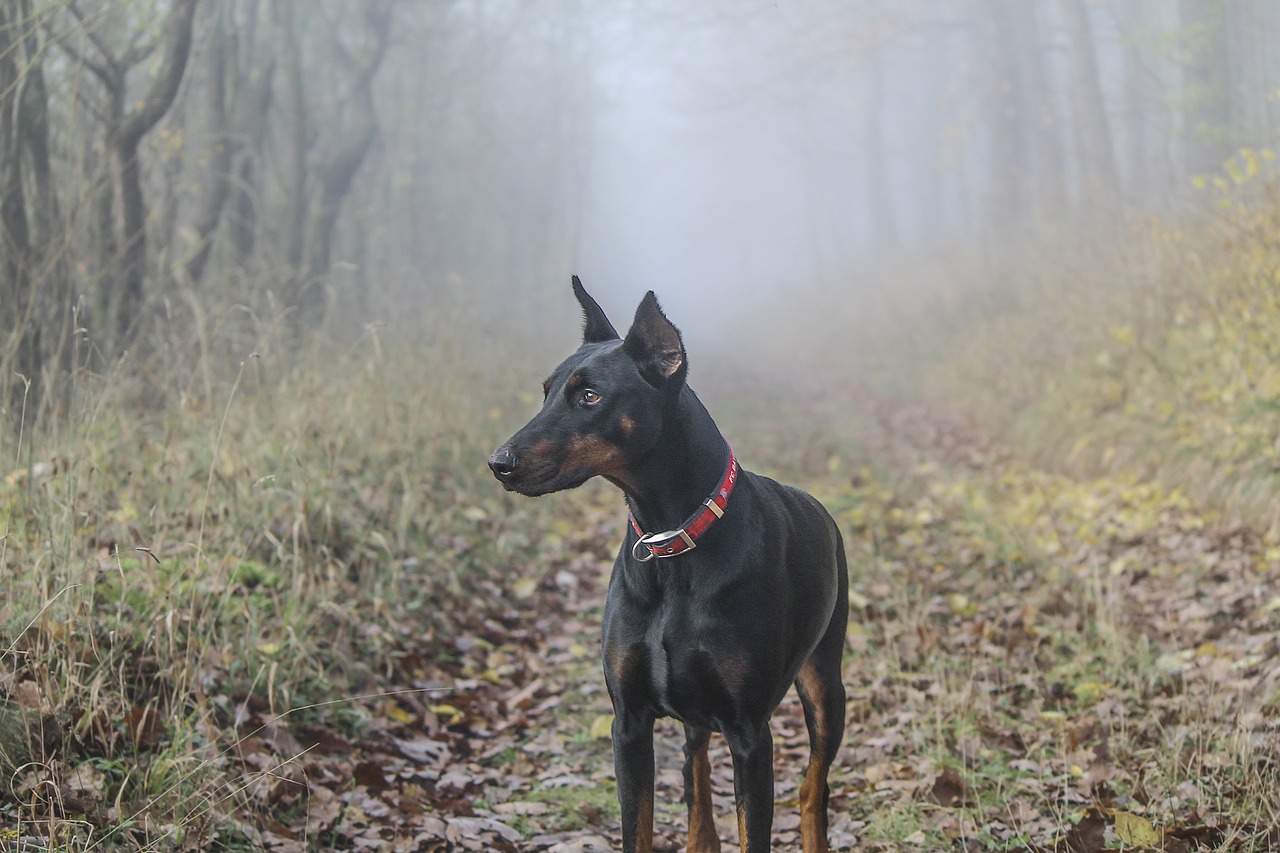
5. Alaskan Malamute
Alaskan Malamutes, among the oldest Arctic sled dogs, are synonymous with strength and endurance. Bred by the Inuit for heavy freighting in harsh Arctic conditions, they showcase qualities essential in a leader, such as resilience and determination. Malamutes possess a natural ability to lead, often taking charge in pulling and teamwork scenarios. They have a commanding presence, combined with a friendly and sociable nature, making them well-respected and effective leaders. Their ability to work in harsh environments and maintain a steady pace under challenging conditions further exemplifies their leadership role in the pack.
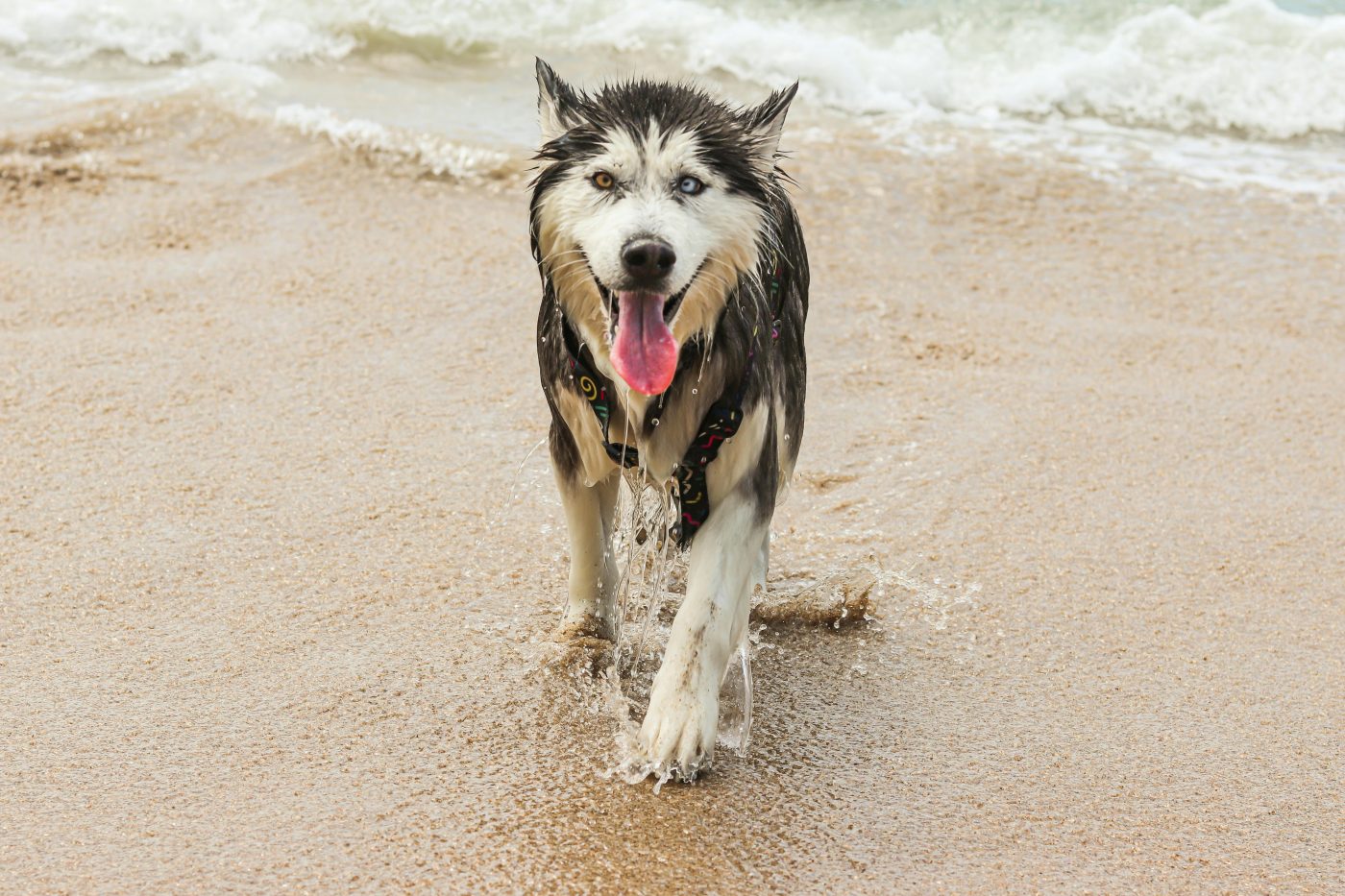
6. Siberian Husky
Siberian Huskies are another breed with a storied history of leadership, especially in the realm of sled pulling in harsh Arctic conditions. Originally bred by the Chukchi people of northeastern Asia, they were not only used for transportation but also for keeping children warm. Huskies are known for their endurance and ability to work well in teams, essential qualities in a pack leader. They exhibit a unique combination of independence and cooperative spirit. Huskies often lead by example, maintaining a steady pace and demonstrating resilience in the face of adversity. Their sociable and friendly demeanor also helps in creating a harmonious pack dynamic, further enhancing their leadership qualities.
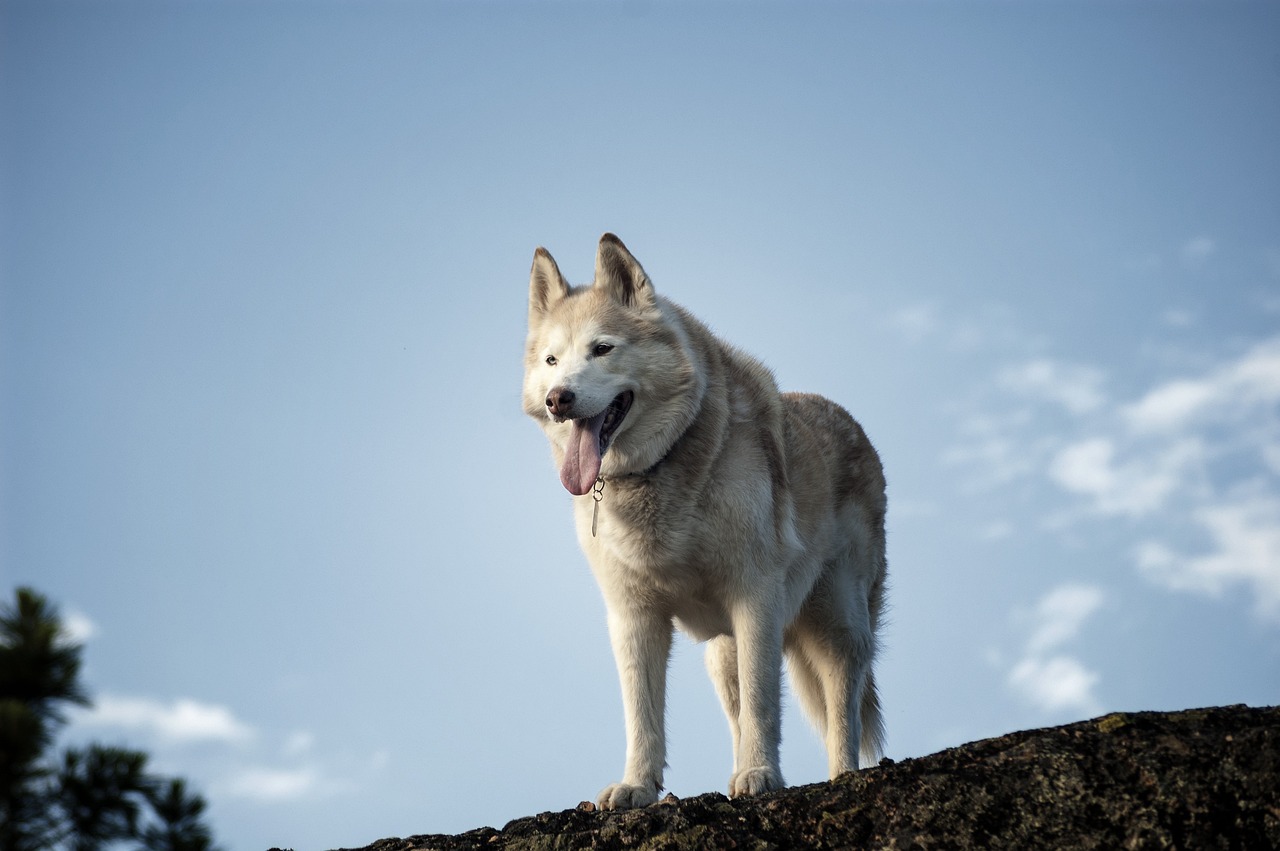
7. Boxer
Boxers, originating from Germany, are a breed known for their boundless energy and playful spirit, combined with a serious and vigilant nature. They were initially bred for hunting, guarding, and working dogs. Boxers are natural leaders due to their protective instincts and strong sense of loyalty. Their alertness and intelligence make them excellent at decision-making and assessing situations quickly, important traits for a leader. Boxers lead with a mix of assertiveness and compassion, often becoming the protectors and guardians of their family or pack. Their energetic nature also drives them to take initiative in activities, making them effective leaders in both work and play.
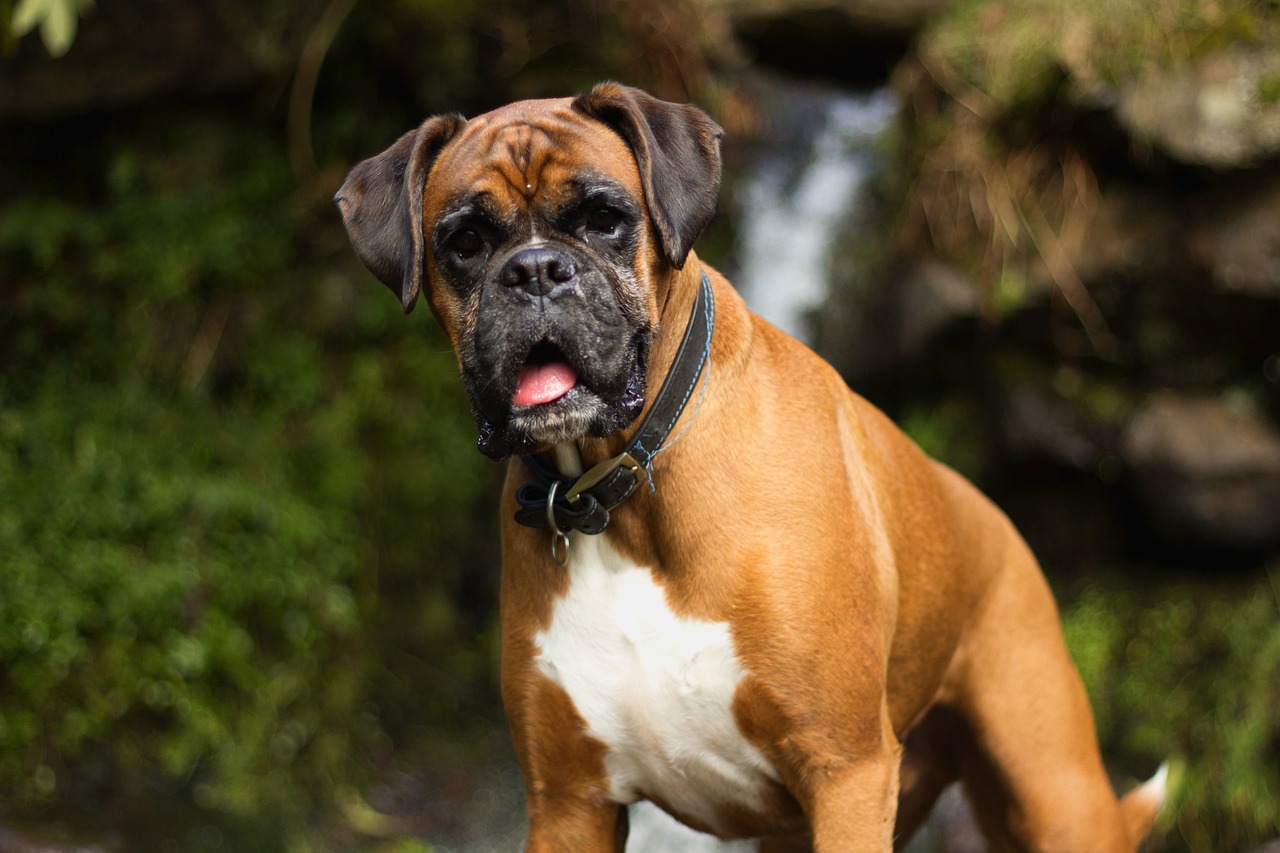
8. Australian Shepherd
The Australian Shepherd, despite its name, was developed in the United States. Known for their herding skills, these dogs are intelligent, versatile, and highly energetic. Australian Shepherds are natural leaders in managing livestock, showcasing an impressive ability to control and direct animals with minimal guidance. They are quick learners and adapt well to various tasks, making them adept at taking charge in different situations. Their problem-solving skills, combined with a willingness to work, mark them as effective leaders, especially in fields that require both physical and mental agility.
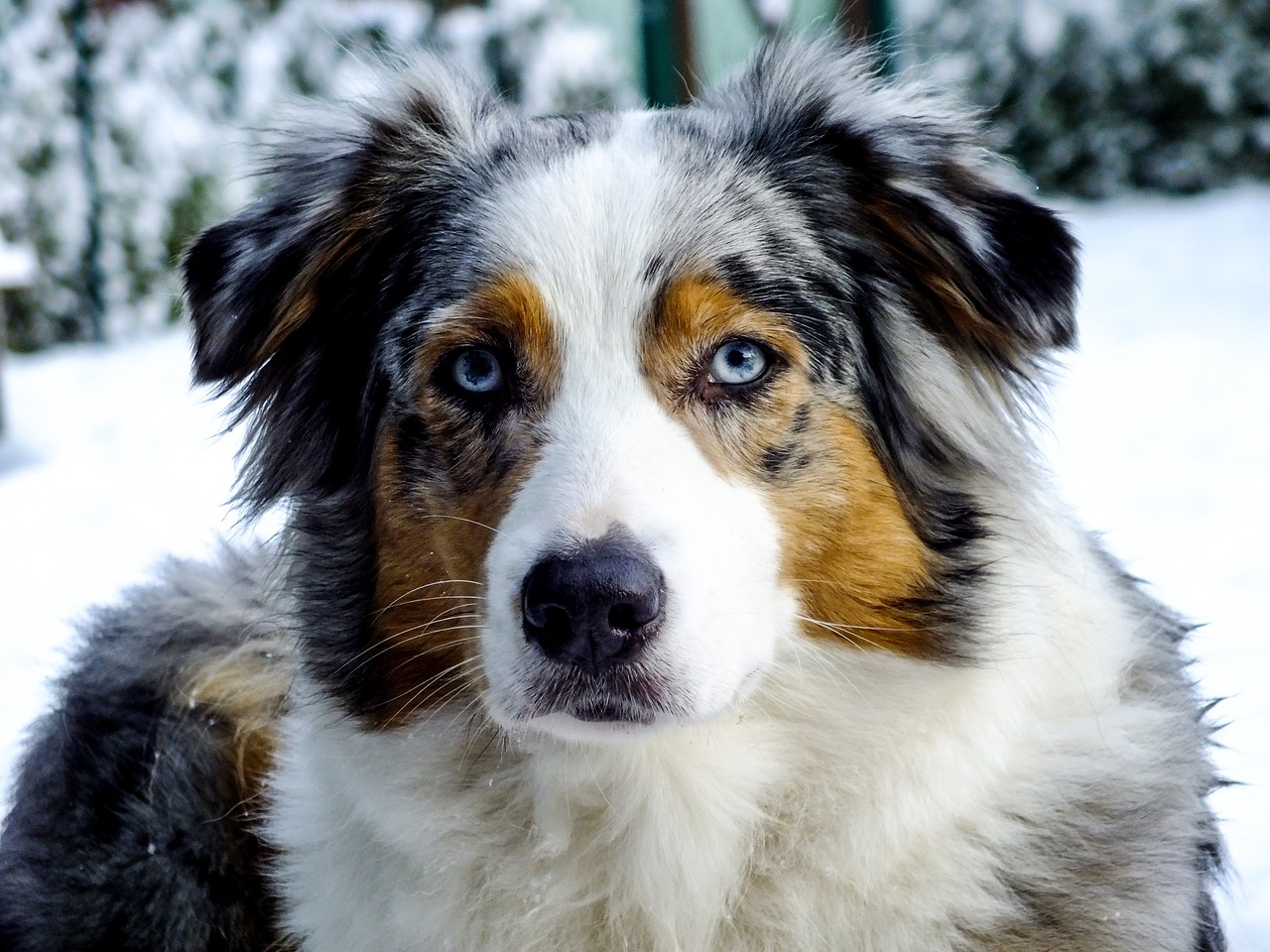
9. Belgian Malinois
Belgian Malinois are often mistaken for German Shepherds but are a distinct breed known for their agility, intelligence, and work ethic. Originally bred for herding in Belgium, they have become popular in police and military roles worldwide. Their leadership qualities stem from their high energy, trainability, and strong protective instincts. Belgian Malinois have a natural tendency to take charge, especially in high-pressure situations, making them effective leaders in law enforcement and search and rescue operations. Their keen sense of responsibility towards their pack or team members further exemplifies their leadership traits.
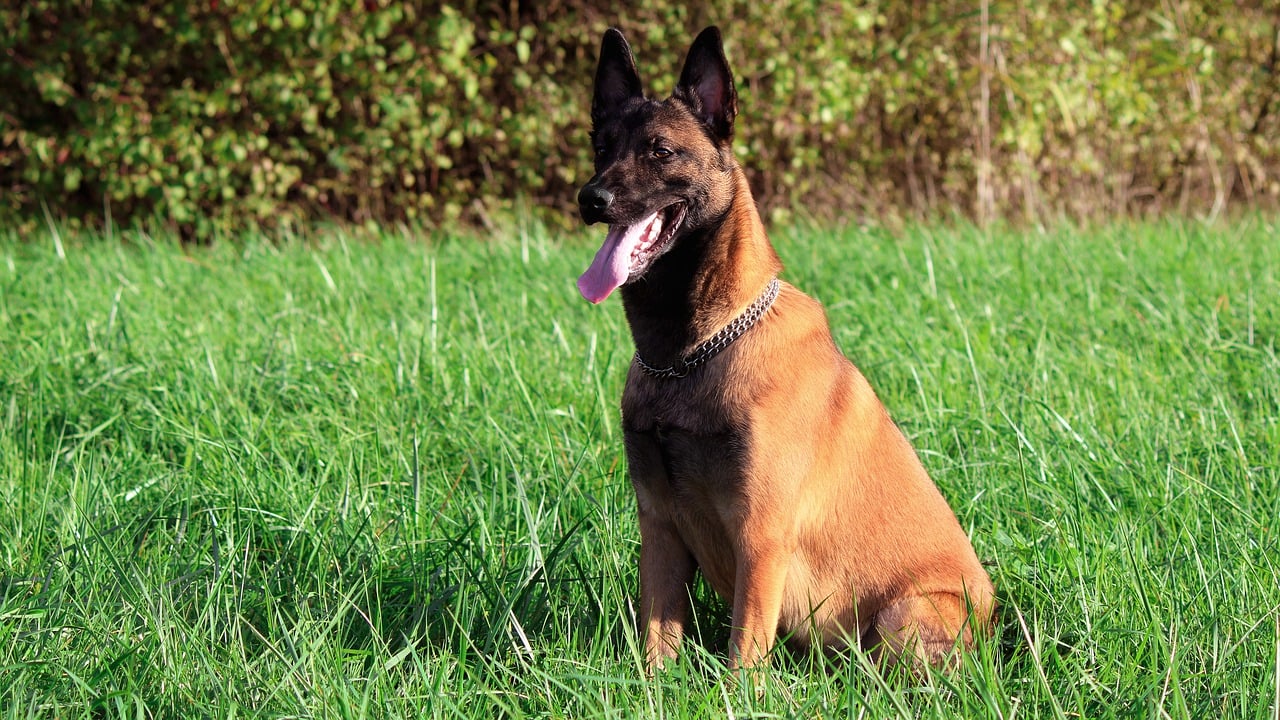
10. Cane Corso
The Cane Corso is an Italian breed known for its formidable size and protective nature. Originally bred as a guard dog and hunter of large game, this breed exudes confidence and power. Their leadership comes from their assertive presence and ability to assess and react to threats effectively. Cane Corsos are loyal and highly intelligent, capable of making independent decisions when necessary. They are natural protectors, often taking a leadership role in guarding and securing their family or pack. Their commanding presence, combined with a calm and assertive demeanor, makes them respected leaders in any pack.
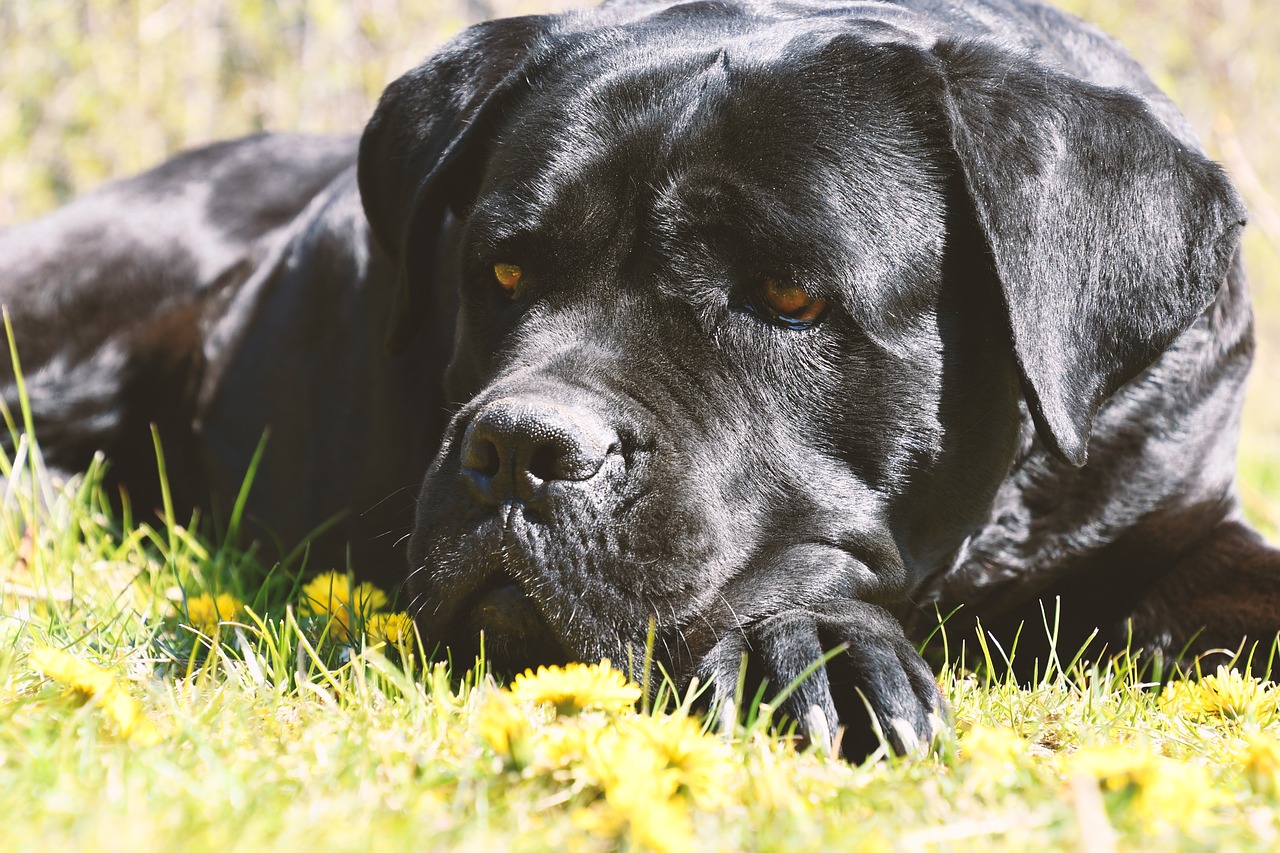
Each of these 10 dog breeds showcases unique qualities that make them natural-born leaders in the canine world. From the endurance and team spirit of the Siberian Husky to the protective and commanding presence of the Cane Corso, these breeds demonstrate various aspects of leadership. They lead not just through physical strength or intelligence, but through a combination of traits like loyalty, resilience, adaptability, and a deep understanding of pack dynamics. Recognizing these breeds for their leadership qualities offers insight into the diverse roles dogs play in human society and the natural world, epitomizing the essence of true leadership in the animal kingdom.
 Toledo, United States.
Toledo, United States.